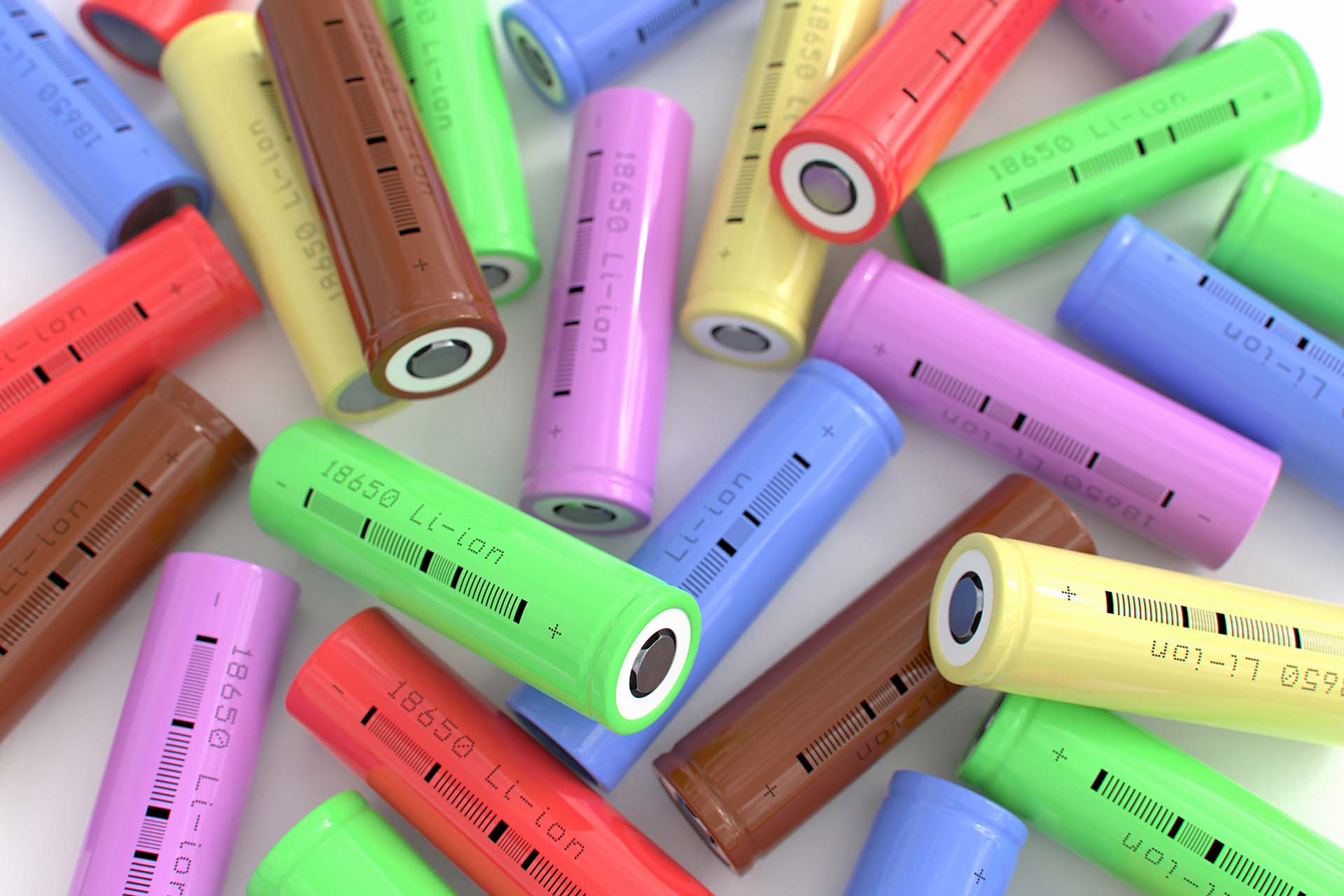Lithium-ion batteries are an integral part of modern life, found in mobile phones, laptops, disposable E-Cigarettes and even electric vehicles. They are incredibly energy efficient making them highly in demand as the world shifts towards greater electrification. So when they reach the end of their lifespan, it is essential that they are recycled responsibly. This is why the UK has taken great steps towards sustainability within the manufacturing sector, with the UK’s first industrial-sized lithium-ion battery recycling plant.
Technology Minerals bringing sustainability on an industrial scale
Technology Minerals’ recycling business, Recyclus in the West Midlands, has received final clearance for approved battery treatment operator status. This plant aims to process 22,000 tons of lithium-ion batteries each year with ambitions to reach 50,000 tons per year with further plants constructed in the future. It is an essential first step towards improving environmental sustainability as well as reducing the number of unprocessed and disposed batteries that find their way into landfills.
Recycling on an industrial scale will allow more businesses to participate in sustainability efforts, and deal with battery wastage in an environmentally friendly way.
The importance of recycling lithium-ion batteries
Recycling lithium-ion batteries responsibly is essential for sustainability. Without being recycled, the remains of these batteries can find their way into landfills and potentially leech toxic chemicals into the soil. Having a dedicated lithium-ion battery recycling plant will ensure that such hazardous materials are no longer disposed of in an irresponsible manner, but instead processed safely and sustainably.
When recycling batteries, the process creates a black mass which contains large quantities of lithium, nickel, cobalt, and manganese. This can then go on to be used for creating further batteries, establishing a circular lifecycle for lithium.
How this can be of importance to vape manufacturers
For disposable vape manufacturers, a lithium-ion battery recycling plant would be a fantastic way for them to reduce their environmental impact and improve sustainability. Not only does it provide an easy solution for disposing of lithium-ion batteries, but it also could lead to potential vape products produced from recycled materials.
For businesses looking to reduce their carbon footprint and make a positive impact on the environment, lithium-ion battery recycling should be an increasingly important part of their operations. Although, recycling disposables has always been somewhat problematic due to the other components in disposable vapes.
Currently, Recyclus aims to process lithium-ion batteries from Electronic vehicles, E-Bikes, mobile phones, laptops, power tools and portable devices, but the potential could be there to include disposable vapes. With Recyclus’ help, vape manufacturers in the UK can help lower the environmental harm generated by disposable vapes.
Disposable Vapes and Lithium-Ion Batteries
The issue of disposable vapes and lithium-ion battery wastage is growing as more people switch to vaping. Disposable vapes contain lithium-ion batteries, which are not always recycled responsibly when they reach the end of their lifespan. With around 10 tonnes of lithium thrown away each year, this industrial-scale recycling project could make big changes in the way that disposable vapes are dealt with by businesses. We hope to see more incentives for vapers to return their used disposable vapes to stores or manufacturers which can then be recycled correctly.
In conclusion
The UK’s first industrial-sized lithium-ion battery recycling plant provides invaluable help to businesses looking to reduce their environmental impact and improve sustainability. This is especially important for vape manufacturers in the UK who need to dispose of their waste responsibly. With Recyclus’ help, they can play a part in reducing the number of hazardous materials that find their way into landfills. This is a great step towards environmental sustainability and is a welcomed new addition to the UK.

